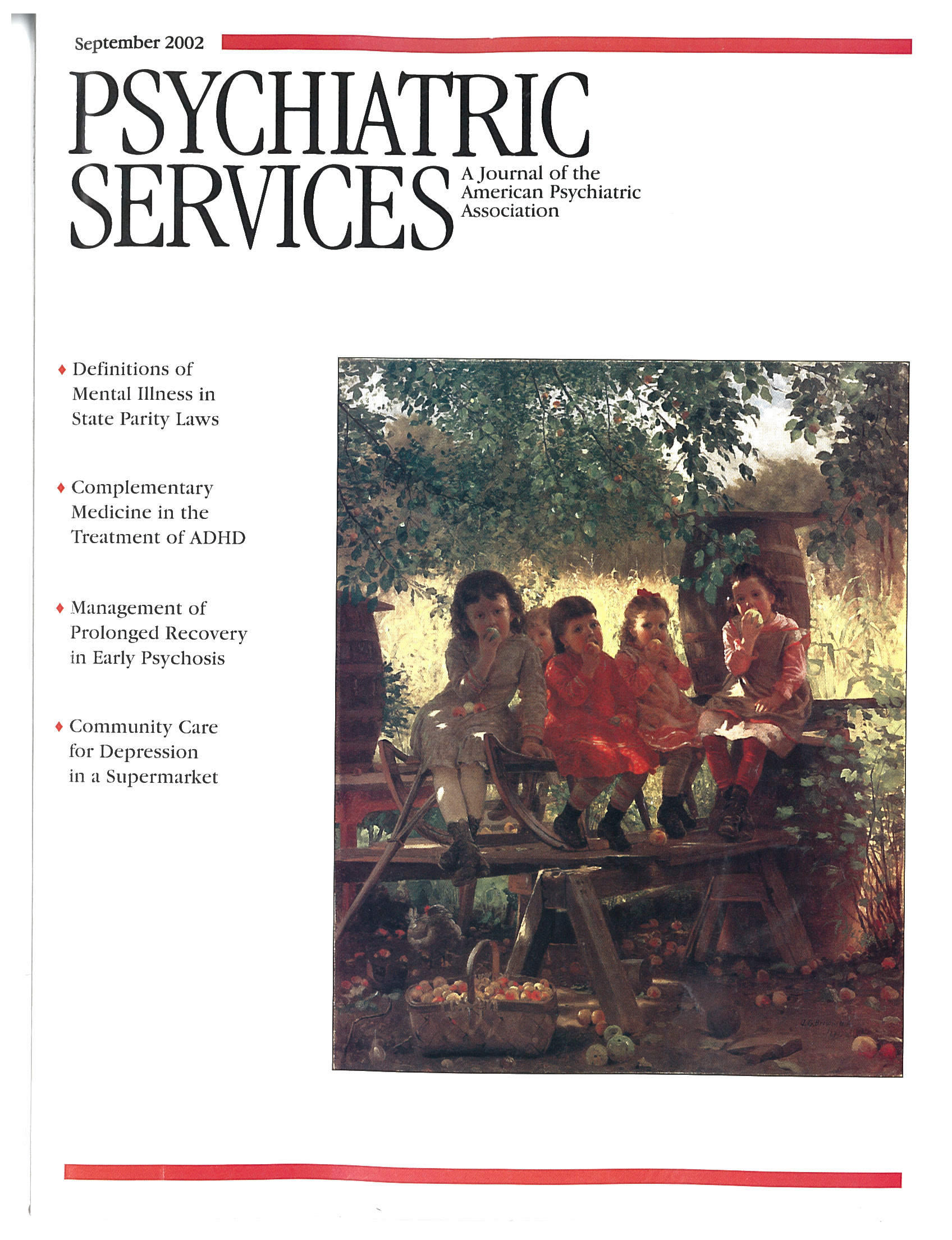This book is a compilation of the contributions to the fifth international schizophrenia symposium held in 1997 in Bern, Switzerland. The Treatment of Schizophrenia: Status and Emerging Trends represents the work of more than three dozen European and American contributors. The book is divided into four sections; the first two explore aspects of the biology of schizophrenia and its treatment, and the latter focus on psychosocial issues and therapies.
In the first section of the book which addresses the neurobiological basis for the treatment of schizophrenia, the opening chapter, on neurochemical causes for structural changes in schizophrenia, provides a clear introduction to information on neuroanatomical changes and the neurophysiology of schizophrenia.
The second section, on the pharmacotherapy of schizophrenia, focuses on atypical antipsychotics and on treatment of early and first-episode psychosis. Although efforts are made in papers throughout the book to update information from the time of the symposium and to include more recent references, in this section more than in the others readers will be aware of the time that has elapsed since the information was initially presented in 1997. Notable, for example, is the absence of any reference to the Schizophrenia Patient Outcomes Research Team and its recommendations (
1,
2). Similarly, the pace of change in psychopharmacology is underscored by a paper on sertindole that outlines the drug's efficacy in the treatment of positive and negative symptoms and the absence of associated extrapyramidal symptoms but mentions only in passing the cardiac issues that kept the drug off the market in the United States.
Section 3, which addresses psychological and psychosocial therapies, covers a variety of topics, such as process-targeted cognitive therapy, rehabilitation potential, and skills training. A chapter on the treatment of co-occurring substance use makes a very strong case for the integrated treatment of patients with dual diagnoses.
The final section of the book covers community mental health services. Chapters in this section address urbanicity and schizophrenia, comprehensive care, and vocational rehabilitation. A chapter on the effectiveness of case management and assertive community treatment reviews a number of studies and concludes that the data strongly support the use of assertive community treatment services for people with schizophrenia who have had multiple hospitalizations.
Overall, The Treatment of Schizophrenia: Status and Emerging Trends provides a good overview of a variety of approaches to the treatment of schizophrenia. The third and fourth sections of the book will be of interest not only to psychiatrists but also to other mental health professionals who are involved in the care of persons with schizophrenia.

